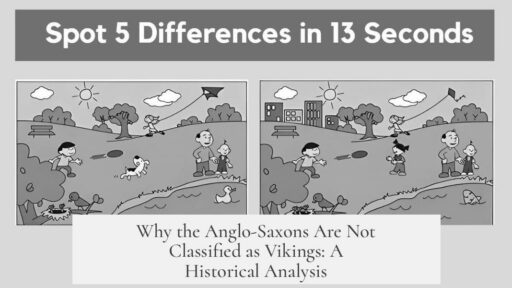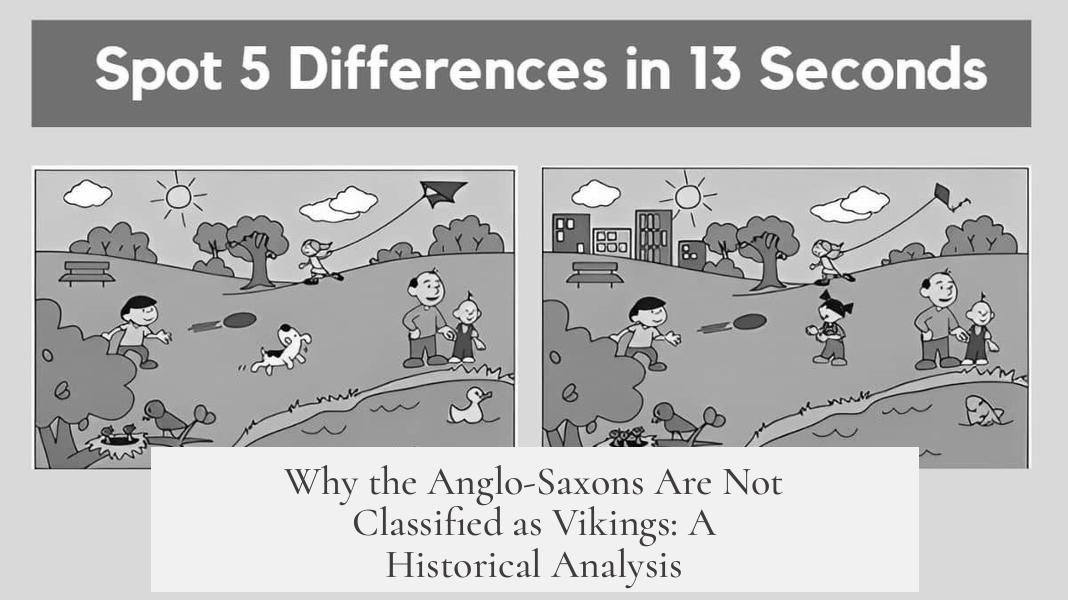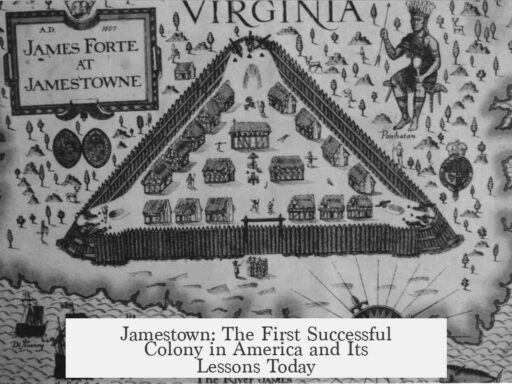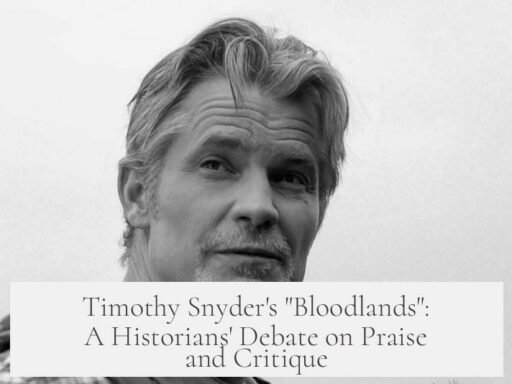Anglo-Saxons are not considered Vikings because they differ in time, origin, language, culture, and activities. The term “Viking” specifically describes Norse seafarers from Scandinavia active from the late 8th to 11th centuries, known for raiding and exploring with unique longships. In contrast, Anglo-Saxons were a Germanic ethnic group settled mainly in England, speaking Old English and operating predominantly within the British Isles before and during the early Viking Age.
The Viking Age spans roughly from the late 700s to the 11th century and is defined by Scandinavian groups from modern-day Denmark, Norway, and Sweden. These groups spoke Old Norse and conducted raids and explorations far beyond their homelands, utilizing longships designed for sea and river travel. Their activities included seaborne raids, trading, and settlement across Europe.
The Anglo-Saxons, settling in England centuries earlier, lived primarily on the British Isles and spoke Old English. Their martial activities, including raiding, happened locally without the maritime reach or the distinct longboats characteristic of Viking expeditions. The Sutton Hoo burial site, dating to the 6th-7th centuries, illustrates Anglo-Saxon wealth and culture but predates the Viking Age by over 100 years. Although some material culture overlaps exist, Sutton Hoo is not a Viking site.
Linguistically, Old English and Old Norse share Germanic roots but are not mutually intelligible. The differences in language underpin distinct cultural and ethnic identities. Furthermore, by the time Vikings began arriving in England (~789 AD), Anglo-Saxon society was mostly Christian, diminishing pagan practices common among Vikings, such as ship burials.
“Anglo-Saxon” denotes an ethnic grouping tied to a mix of mythologized Germanic origins, whereas “viking” originally meant an activity—piracy or raiding—not an ethnicity. The term “Viking” itself is a later historical construct from the 19th century rather than a contemporary self-identifier. Similarly, Anglo-Saxons would not have called themselves by that name; it was a retrospective label devised centuries later.
| Aspect | Anglo-Saxons | Vikings |
|---|---|---|
| Period | 5th–11th century, mainly pre-Viking Age | Late 8th–11th century |
| Origin | Germanic tribes settled in England | Scandinavian Norse people |
| Language | Old English | Old Norse |
| Activities | Local warfare, raiding on British Isles | Maritime raiding, trading, exploring |
| Religion | Mostly Christian by Viking Age | Pagan (initially), later converted |
- Vikings are defined by their Scandinavian origin, Old Norse language, and maritime raiding lifestyle during a specific historical period.
- Anglo-Saxons are a distinct Germanic people with separate language and culture, largely confined to England before and during early Viking incursions.
- Sutton Hoo exemplifies Anglo-Saxon culture but predates Vikings and lacks their maritime traits.
- The term “Viking” describes an activity, not ethnicity; “Anglo-Saxon” became a label used post-factum by historians.
Why Aren’t the Anglo-Saxons Considered Vikings?
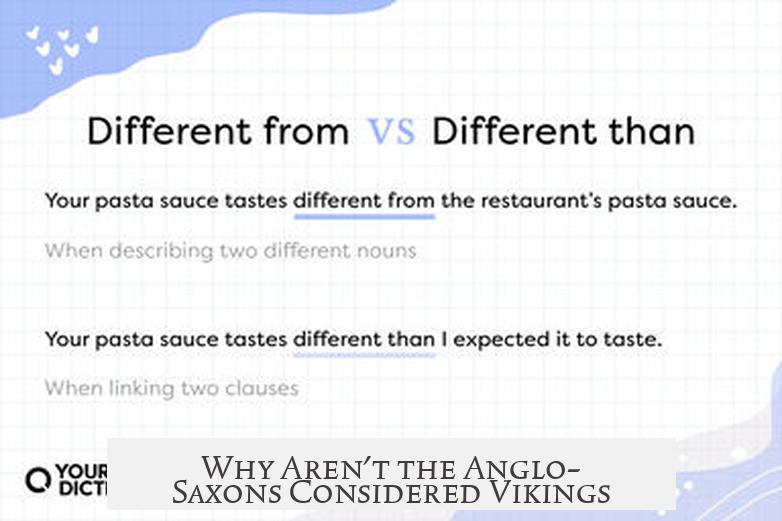
At the heart of the question lies a mix of time, place, culture, and language differences—put simply, the Anglo-Saxons and Vikings are distinct groups linked by proximity but separated by many factors. Let’s unravel this history to understand why the two are often confused but shouldn’t be lumped together.
The Viking Age spans from the late 8th century to the 11th century. During this period, certain groups from Scandinavia—Denmark, Norway, and Sweden (with Iceland joining later)—rose to fame (and notoriety) for their voyages. They sailed in sleek longships built for raiding and exploring along sea and river routes, causing ripples across Europe.
By contrast, the Anglo-Saxons were not wandering marauders crossing seas for raids. Instead, they mostly stayed rooted in the British Isles, building kingdoms and culture over centuries. Didn’t go a-viking, so to speak.
Time Travel to the Past: The Temporal Gap
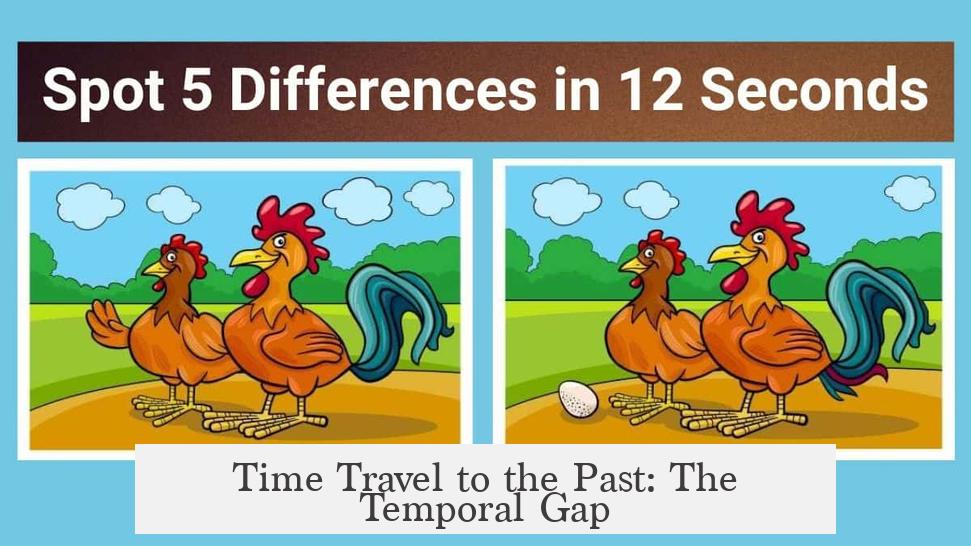
Consider the famed Sutton Hoo burial site in Eastern England, dated to the late 500s and early 600s. The treasures and ship burial there may scream “Viking vibes” to the modern eye. But this predates the Viking Age by more than 100 years—the Viking raid on Lindisfarne, a seminal event, only takes place in 793.
So, calling Sutton Hoo “Viking” would be an anachronism, like putting a smartphone in a medieval knight’s hand. While there are connections and similarities (like certain burial customs seen in Sweden), Sutton Hoo represents the Anglo-Saxon era’s culture well before Vikings marauded around.
Language and Homeland: Who Are the Anglo-Saxons?
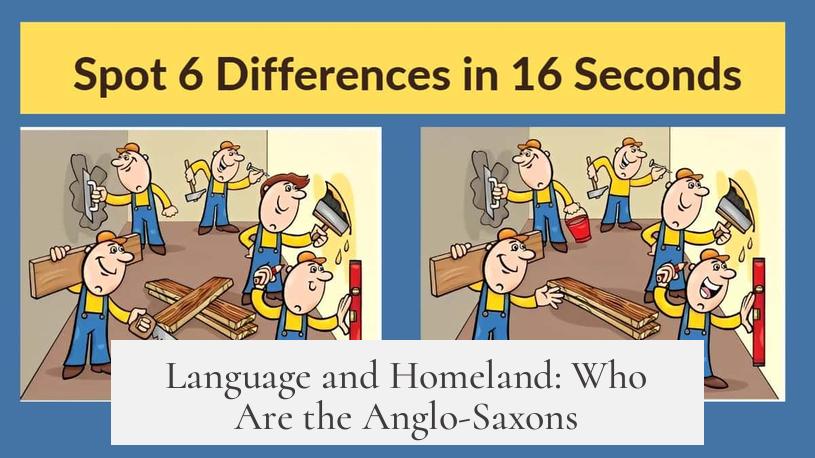
The Anglo-Saxons spoke Old English, a language which evolved considerably from Old Norse—the tongue of Vikings. Although related, Old English and Old Norse aren’t mutually intelligible. Imagine two distant cousins trying to chat; they might catch a few words but definitely not the whole story. The Vikings hailed from Scandinavia, a different place with its own languages, traditions, and seafaring heritage.
Anglo-Saxon men may have fought their share of battles, but their fights were mostly local, confined to the British Isles. Unlike Vikings, they didn’t commandeer longships known for their versatility in sea and river raids.
Ethnic and Cultural Identities: Pirates vs. Settlers
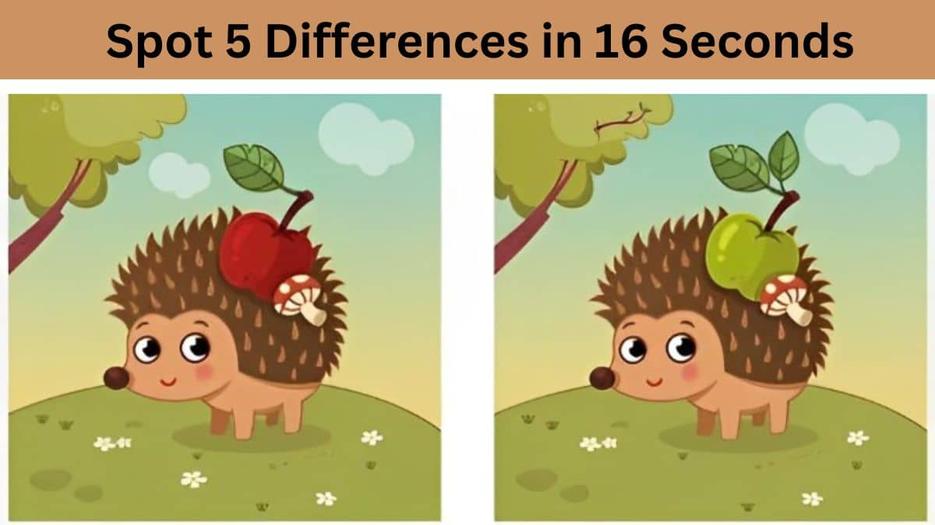
Here’s a twist: the term “Viking” originally wasn’t an ethnic label at all. It meant something akin to “pirate” or “raider”—a role people took, not a race or tribe. You could “go a-viking” if you went on raids, but you weren’t a “Viking” by birth.
The “Anglo-Saxon” label, on the other hand, reflects an ethnic identity rooted in a claim (sometimes dubious) of Germanic ancestry from the early migrations into Britain. It refers to a people who established settlements and kingdoms on English soil rather than roaming pillaging bands.
Religious and Cultural Differences: Pagan to Christian
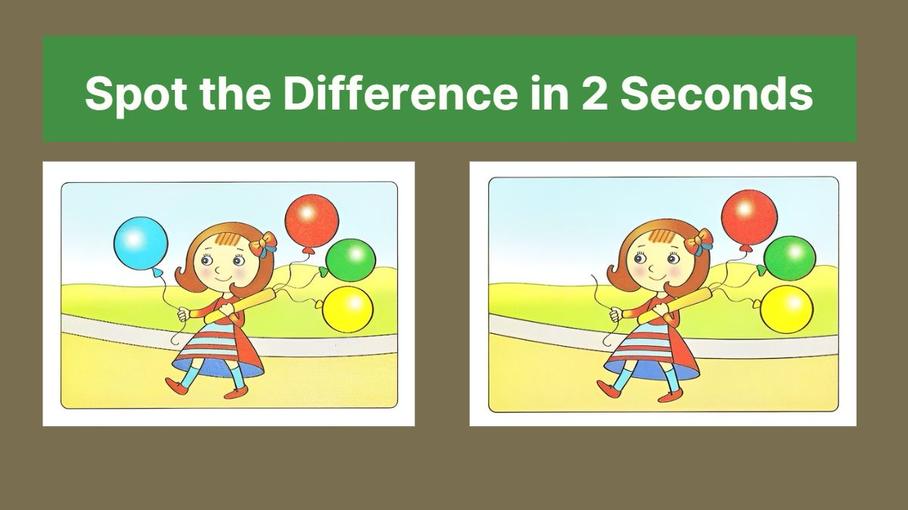
By the time Vikings arrived in England around 789, Anglo-Saxons were mostly Christian. Pagan rituals, like ship burials, had largely faded. This shift changed burial customs and worldview. The Vikings, still attached to pagan beliefs at their dawn, conducted different religious rites and cultural practices.
This difference in spiritual life further separates the two groups culturally and temporally.
Myth-Making and Names: When Did These Terms Appear?
Neither “Anglo-Saxon” nor “Viking” were labels used by people in those times. The term “Anglo-Saxon” was coined by later mythmakers in the early 700s, well after the original migratory period. “Viking” as a noun for a people didn’t appear until the 1800s, when historians applied it retroactively to describe Norse raiders and settlers.
So, we’ve got a classic case of historical branding anachronistically applied. It’s like calling medieval peasants “knights” just because they lived nearby horsemen.
Putting It All Together: Why the Confusion?
People often lump Anglo-Saxons and Vikings together because they lived around the same time in roughly the same place. Both influenced England’s history heavily. But it’s like comparing apples and oranges. Different languages, cultures, origins, and timelines.
The Vikings gained fame for their long voyages, piracy, and colonization from Scandinavian bases. Anglo-Saxons developed kingdoms on English soil, spoke Old English, and mostly stayed local in their military activities. Sutton Hoo exemplifies the Anglo-Saxon culture before Viking raiding began.
Final Thoughts: What Does This Mean for Us?
Next time you see depictions of ‘Viking’ helmets or ‘Anglo-Saxon’ swords, remember the story isn’t quite as tangled as it seems. Knowing the history helps us appreciate both groups as unique contributors to early medieval Europe.
Want to dig deeper? Look at burial sites like Sutton Hoo for Anglo-Saxon culture, and Scandinavian longships for Viking tales. Notice the timing, language, and lifestyles. History loves its nuances, and sometimes the coolest stories emerge from understanding *why* people weren’t the same even if they lived close.
Would you like a Viking raid or an Anglo-Saxon feast for your next history night? The choice says quite a bit!
